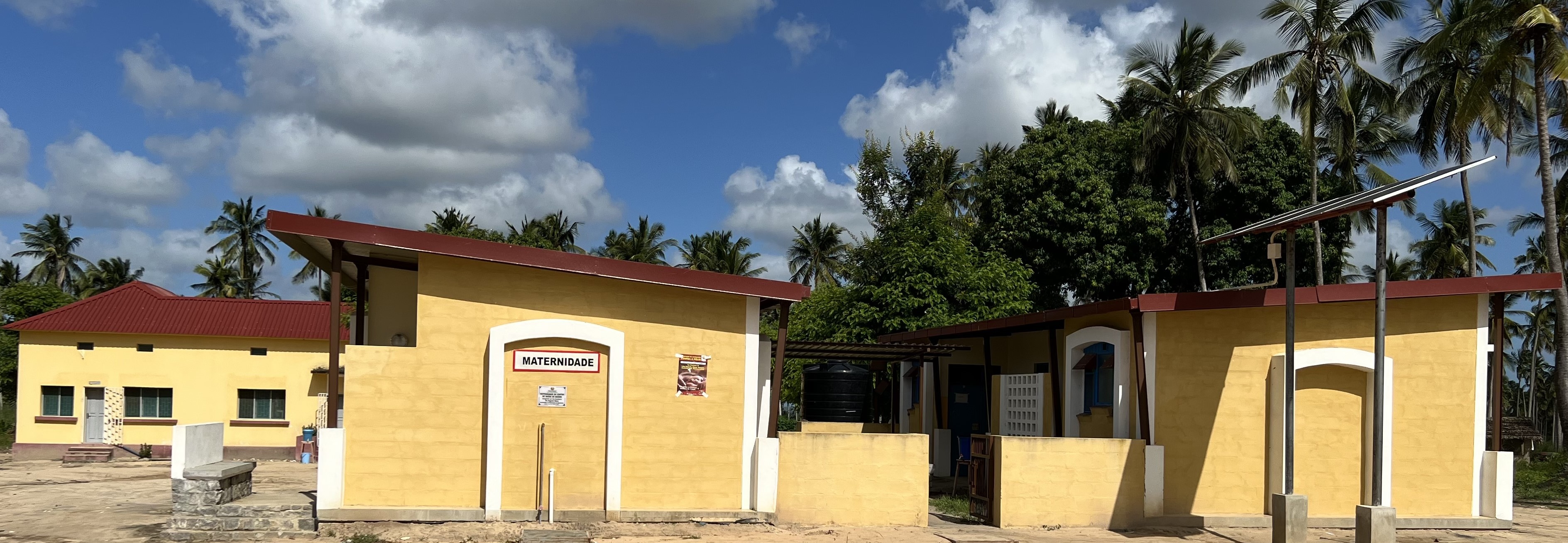Funded through the U.S. National Institute of Mental Health (NIMH), this study design arose from an interest in better understanding and addressing the experiences of stress, burnout, and stigmatizing attitudes among health care workers providing HIV-related services to people living with HIV (PLHIV) in Zambézia Province, Mozambique. The VUMC/FGH team proposed a two-phase study to pilot a novel intervention that provides health care workers with the skills, confidence, and support structures necessary to improve clinical care delivery, leading to increased retention and adherence to antiretroviral treatment (ART) in Mozambique. Health care workers need the correct tools to reduce prejudice and sustain empathetic and sympathetic health care delivery in under-capacitated health facilities. The combination of an intervention to address provider burnout and an intervention to address stigmatizing attitudes towards patients will ensure that PLHIV receive the best possible care.
Completed activities:
In the first phase, the team completed a qualitative study. Forty-eight health care providers who provide HIV-related services to PLHIV at select health facilities in Zambézia Province were interviewed. The objectives were to gain a greater understanding of i) health care workers’ experience of burnout and the support and tools they would like to have to improve their wellness and motivation at work, and ii) health care workers’ experience of working with patient sub-groups and factors which they perceive to be difficult or frustrating in providing HIV-related health care services to these populations. Results from these interviews informed the design and adaptation of resilience and anti-stigma trainings for health care providers.
In a second phase, a randomized controlled trial was designed and is currently in the approval process. In this phase of the study, the VUMC/FGH team will pilot the resilience and anti-stigma trainings among health care providers at selected sites in Zambézia Province. The objectives are to evaluate: i) the impact of resilience training only, anti-stigma training only, and resilience and anti-stigma training (vs. standard of care) on hypothesized mechanisms of behavior change among health care workers, and ii) the impact of the training(s) on adherence to HIV treatment and satisfaction with health services among PLHIV. Once all approvals are received, the study period is estimated to take place over the course of 18 months.
